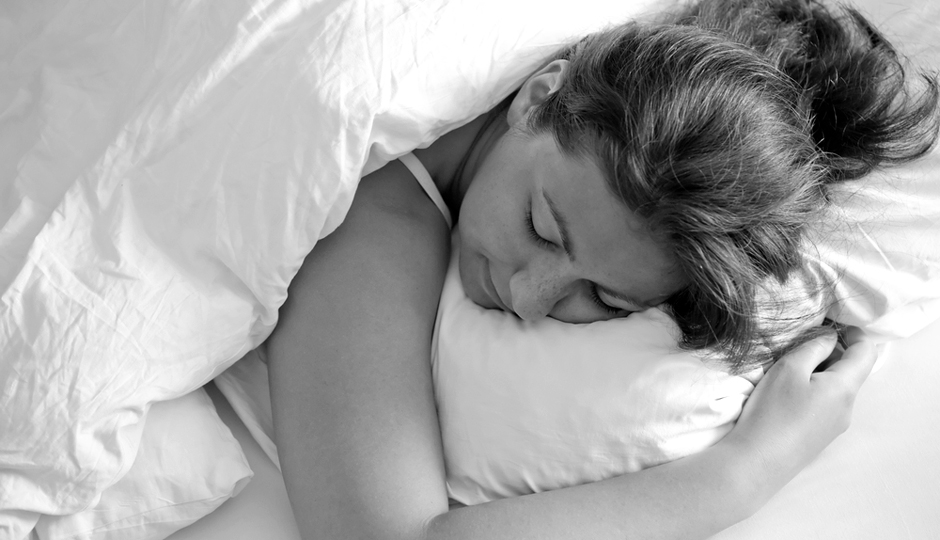Why You Shouldn’t Sleep On Your Stomach Ever Again

Shutterstock
Warning: If you’re a stomach sleeper (same here), you are not going to like this news. According to the National Sleep Foundation, sleeping on your stomach is the worst way to snooze when it comes to your health. So what’s the best position, you ask? Sleeping on your back.
Turns out, sleeping on your stomach, while it does tone down snoring, puts your spine in an awkward position that can lead to back and neck troubles. Plus, the position puts pressure on your muscles and joints all night long, which can result in all sorts of unwanted aches and pains during the waking hours. No, thank you.
But sleeping on your back is a whole different story: This position, which very few people utilize (Sleep.org says only 8 percent of folks are back sleepers), is actually the best option when it comes to your health. Why? When you’re on your back, you aren’t putting pressure on your head, neck, or spine, meaning no weird aches or pains when you wake up. And the position also helps to keep acid reflux at bay. But one thing to note: Sleeping on your back can cause the tongue to block the breathing tube, so folks with sleep apnea should avoid this position.
And good news for side sleepers: sleeping on your side with your legs straight comes in at second best, but the downside of this position — and it’s a big downside for some — is that pushing one side of your face into a pillow all night long can cause wrinkles. And if you’ve been known to sleep on your side, curled up into a tight fetal position, you might want to try straightening out; sleeping curled up can restrict breathing and leave you feeling sore the next day. And who wants that?
I’ve long been a stomach sleeper but you best believe I’m going to try my best to sleep on my back tonight. How about you? What position do you usually sleep in?
Like what you’re reading? Stay in touch with Be Well Philly—here’s how:


